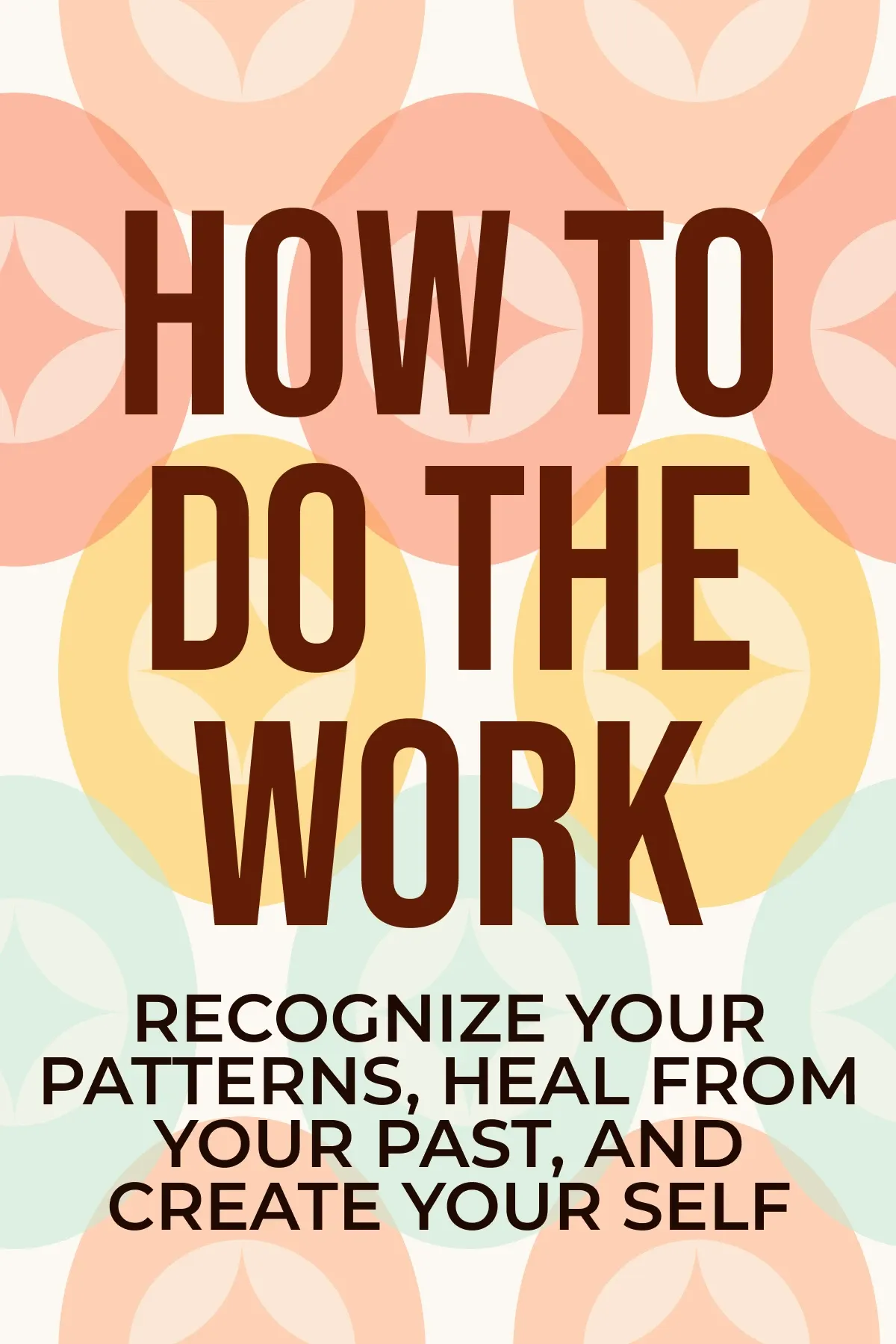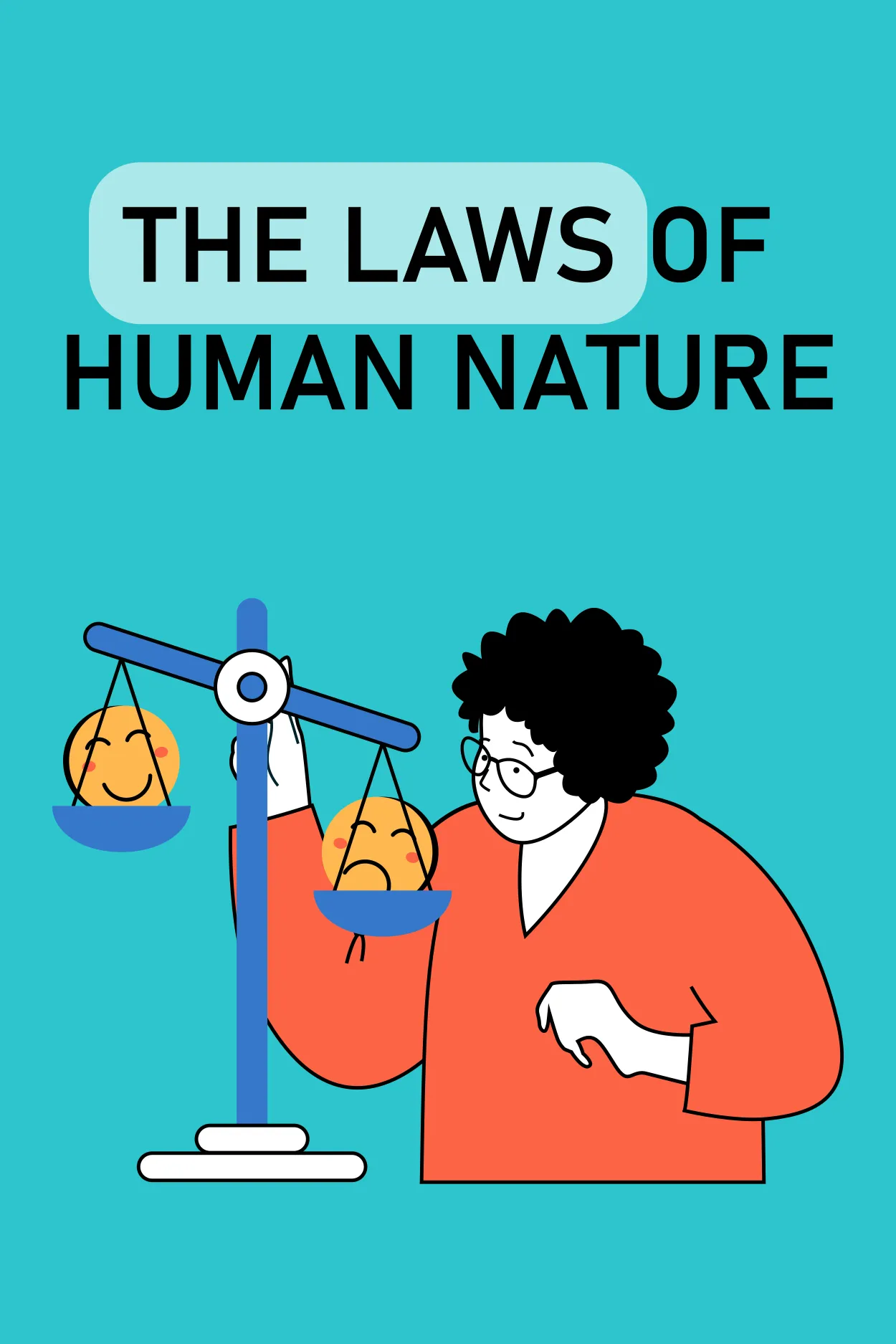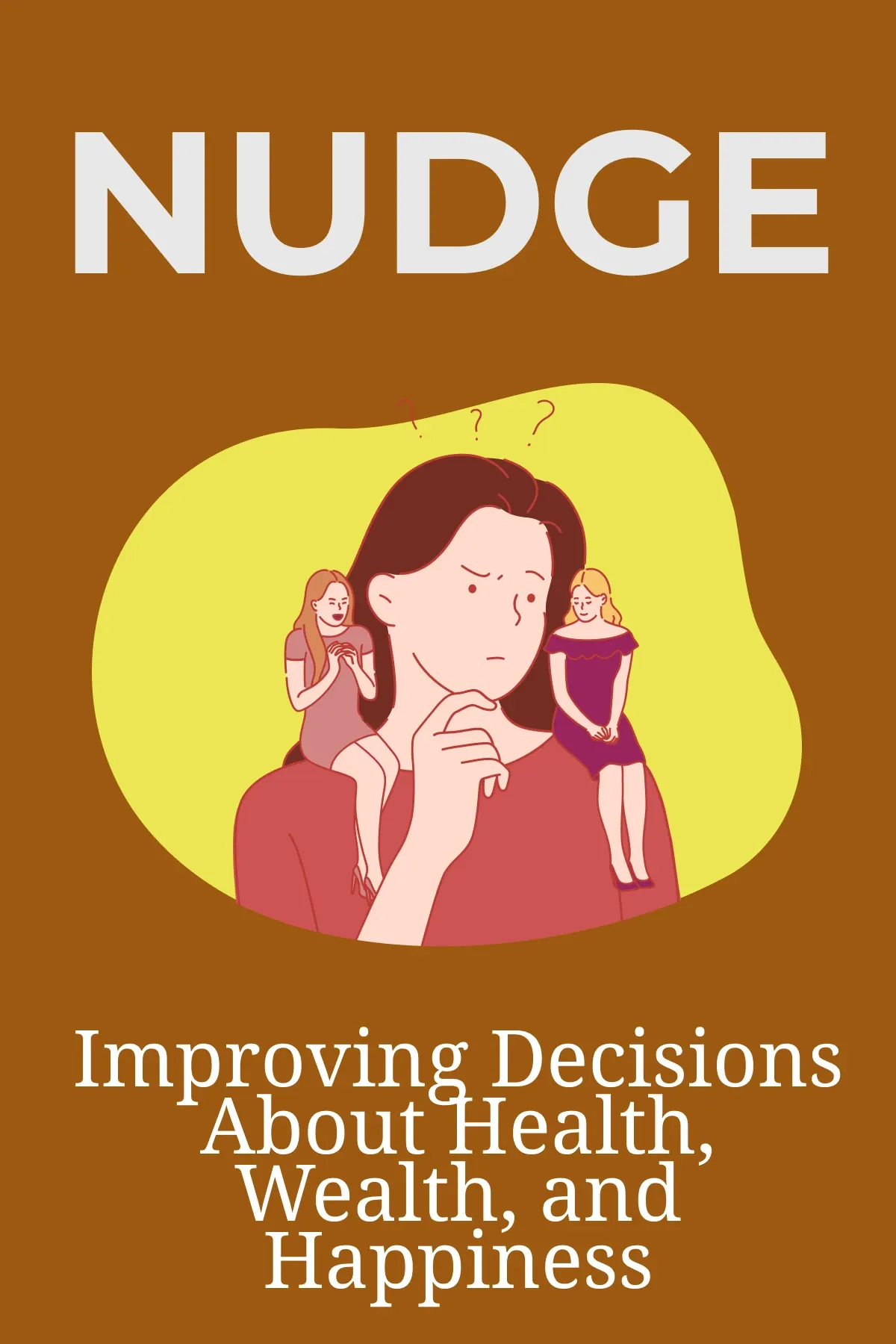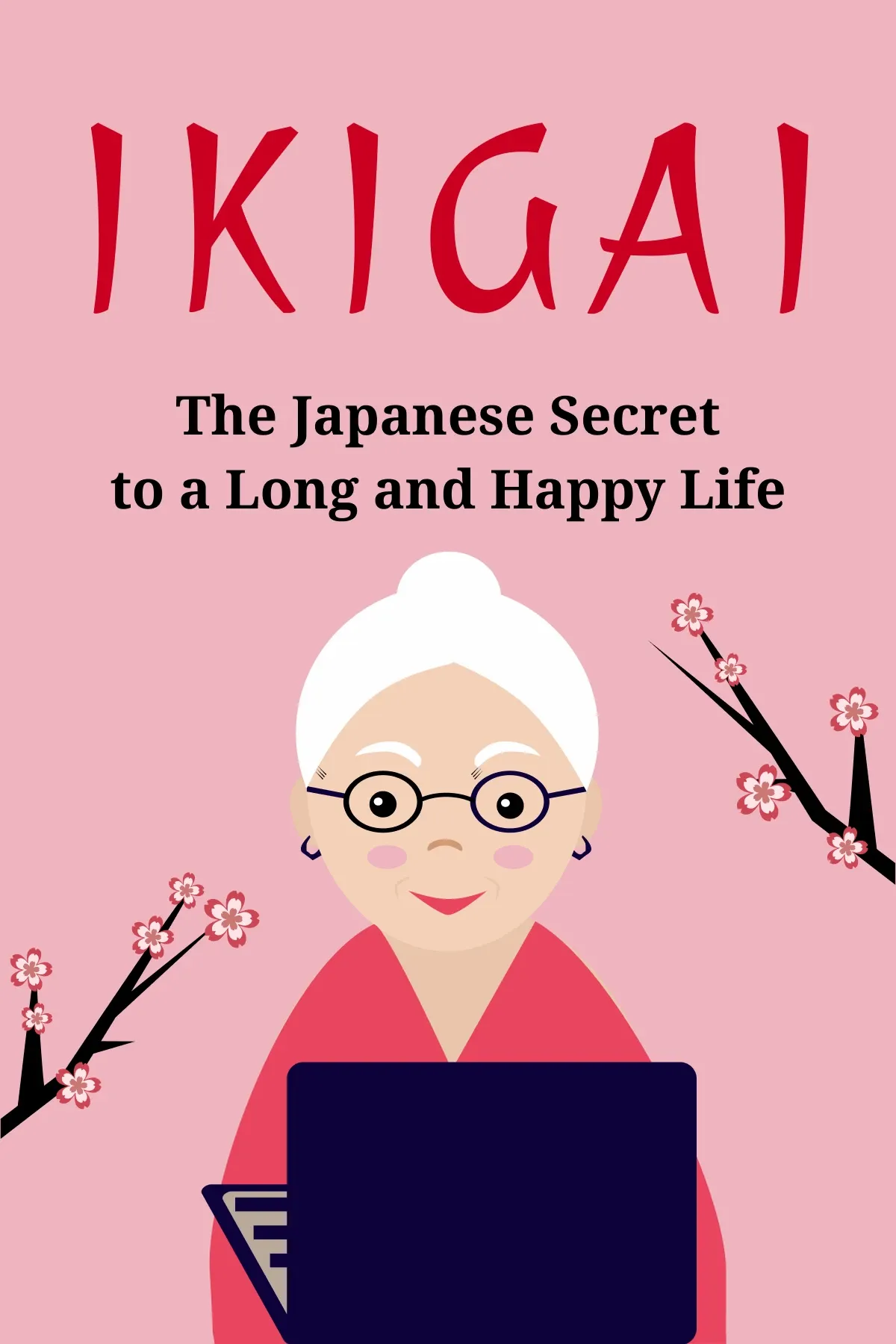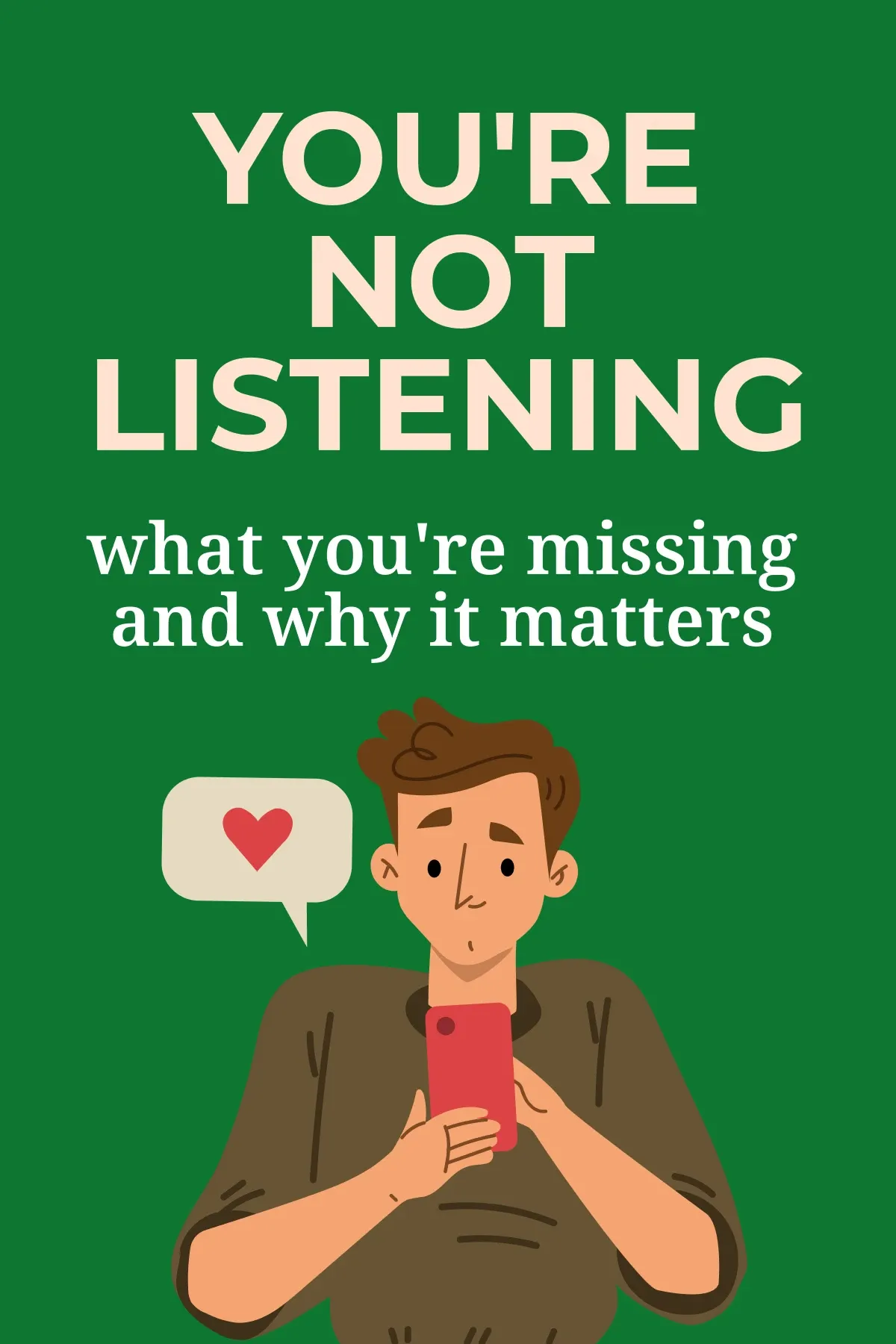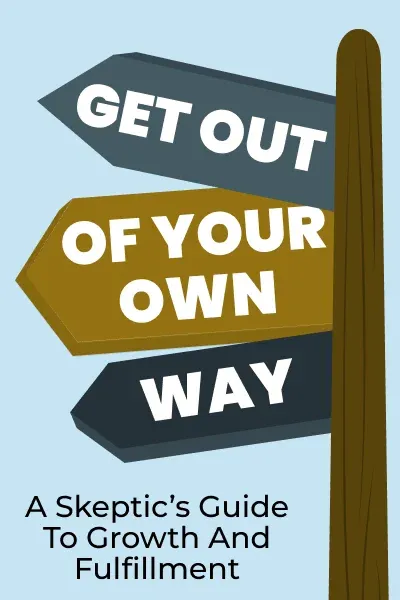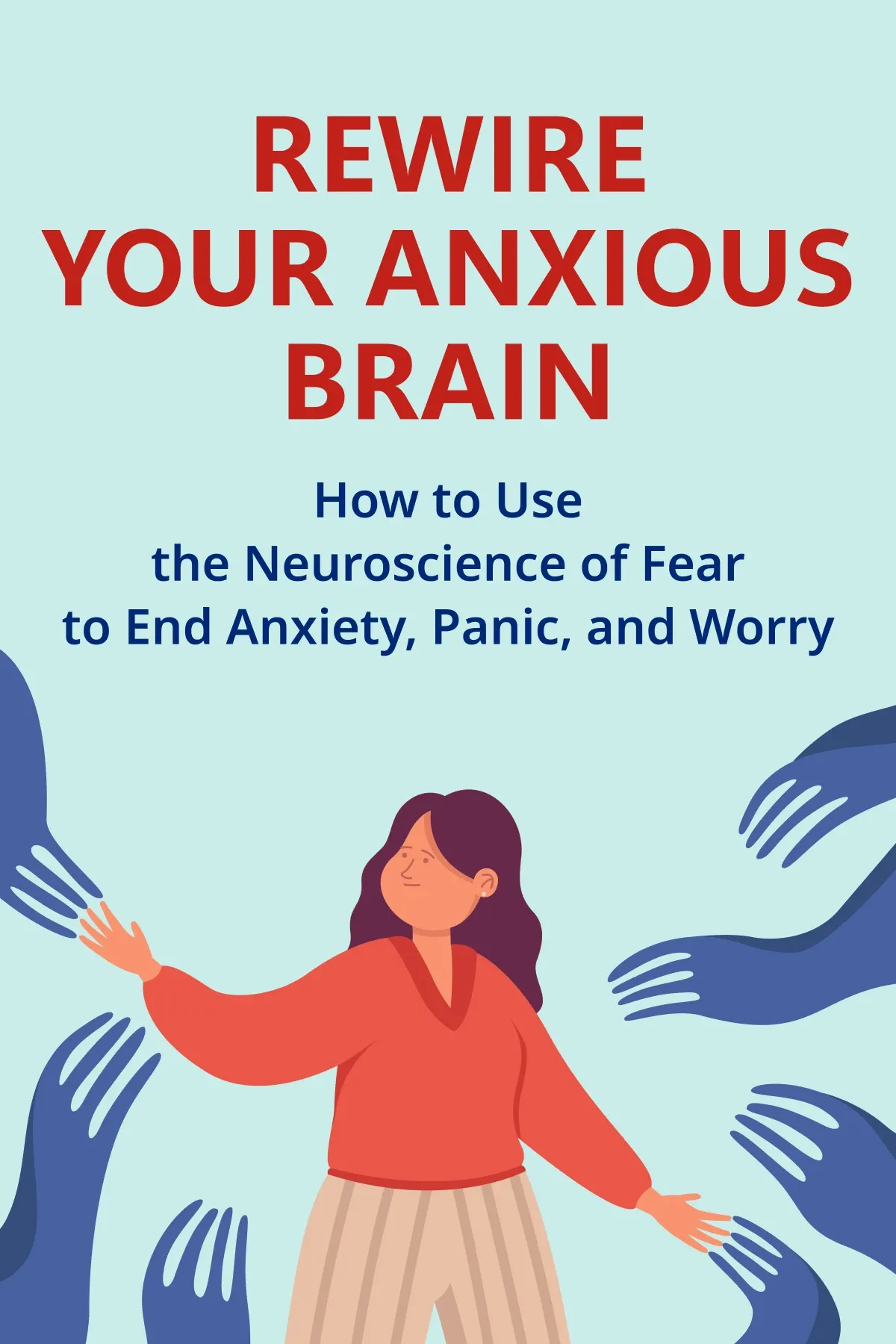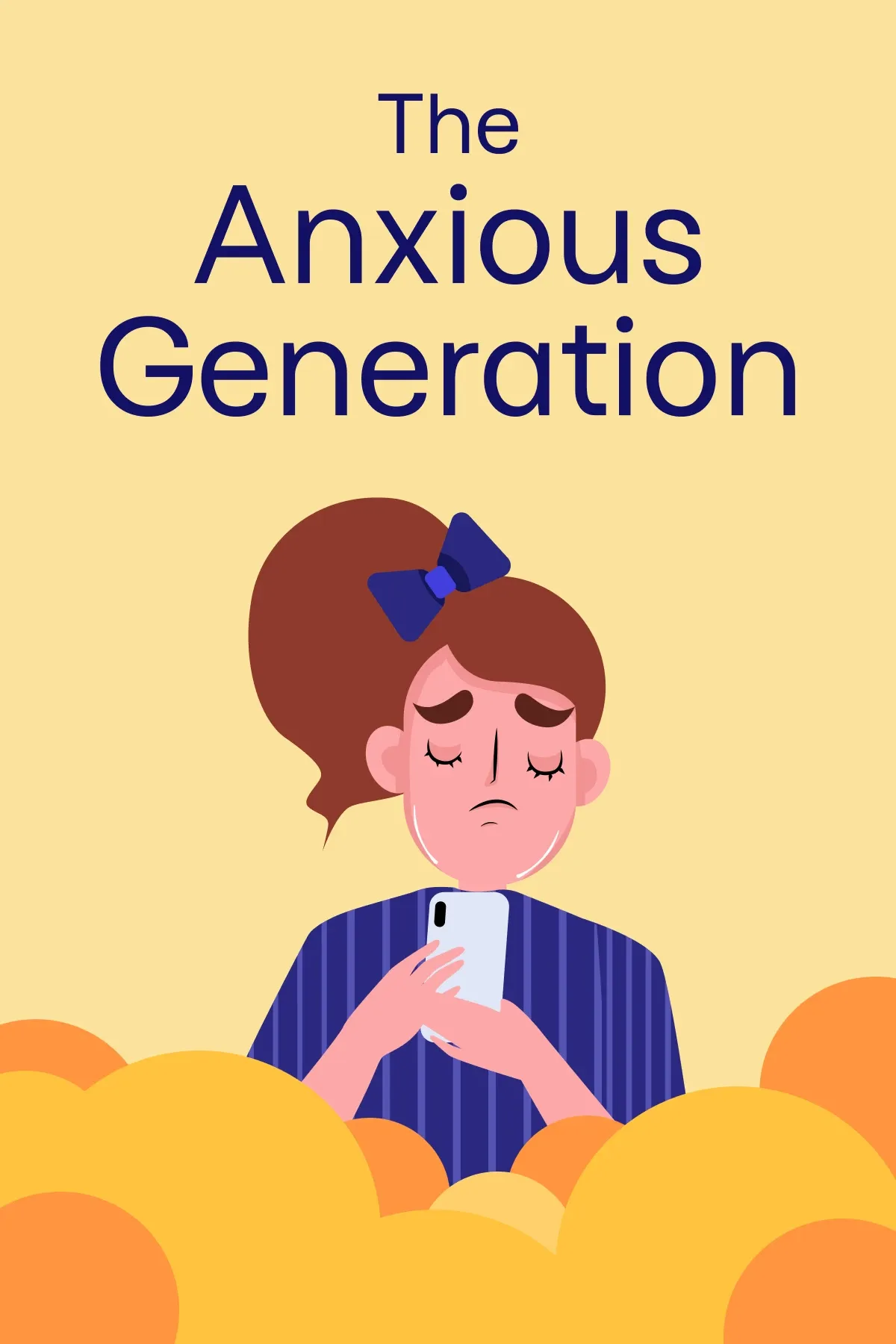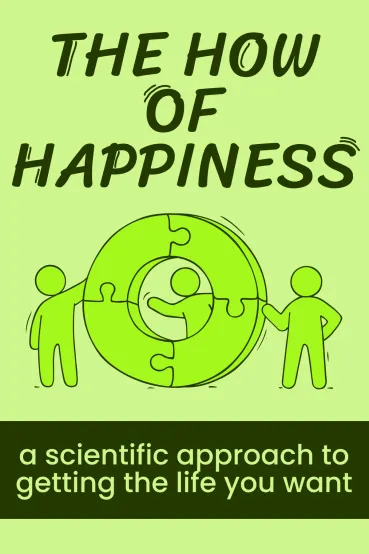
The How of Happiness
Brief Summary
The book “The How of Happiness: A Scientific Approach to Getting the Life You Want” by Sonja Lyubomirsky gives valuable advice on fostering lasting happiness. You’ll learn how to develop new positive habits and see that being happy is easier than it seems!
Key points
Key idea 1 of 8
Happiness is something we are desperately looking for. Surprisingly, the first barrier appears from confusing ideas about this phenomenon. Our surroundings impose certain beliefs regarding happiness. These ideas may seem sensible, so it’s not surprising that intelligent people may unquestioningly believe in them. This includes even those who study happiness scientifically.
Let’s view in detail three common myths that hold us back from being happy. The first myth is a widespread assumption that happiness is something outside of us. We consider things like getting a great job, finding a perfect partner, or having a luxurious house as prerequisites for happiness. But it is a mistake to believe that happiness is something we need to find. Why? Because it is already inside of us. Happiness is actually a part of who we are. This simple statement underlines how deep happiness is. Reaching this condition is not a distant goal but an ongoing process. It's a way of thinking that needs more attention. That is why the key lies in a significant change in how we see ourselves and the world around us.
The second myth is that you need to change something to achieve happiness. This mistaken belief is typically expressed in phrases like, "I will be happy when _____." However, research shows that people hardly feel better when they change their circumstances. The solution is not in rearranging external things. We must realize that consciously improving how we act and think will result in success. Real happiness doesn't come from temporary situations. It is always an outcome of a profound transformation in how we see and perceive things.
The third myth implies that happiness is fixed in our genes, beyond our control. In reality, this very fact makes us feel helpless. However, scientific discoveries encourage us to reject the idea that our genes determine everything. Instead, we embrace the control we have over our emotional well-being.
FAQ
You may also like these summaries


